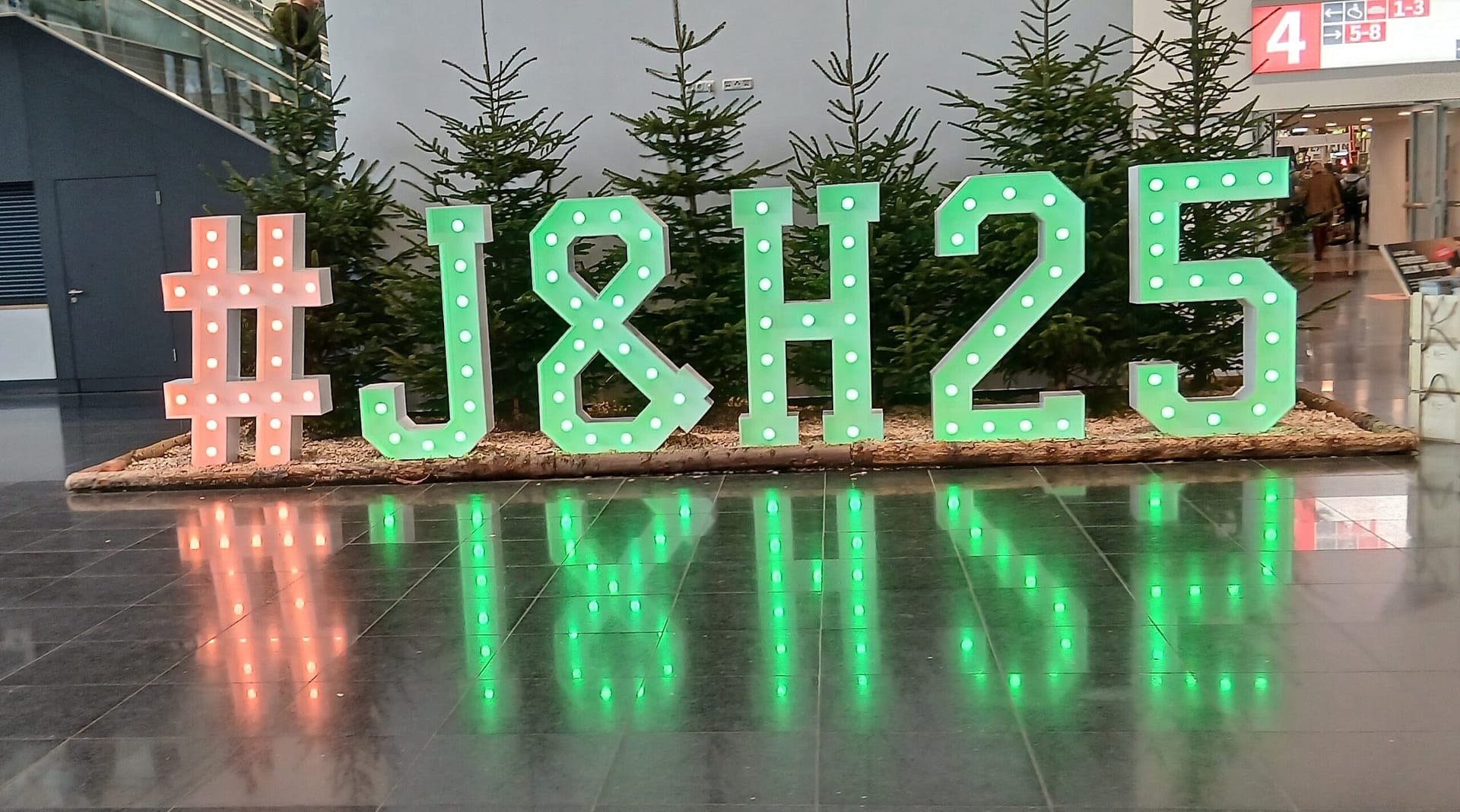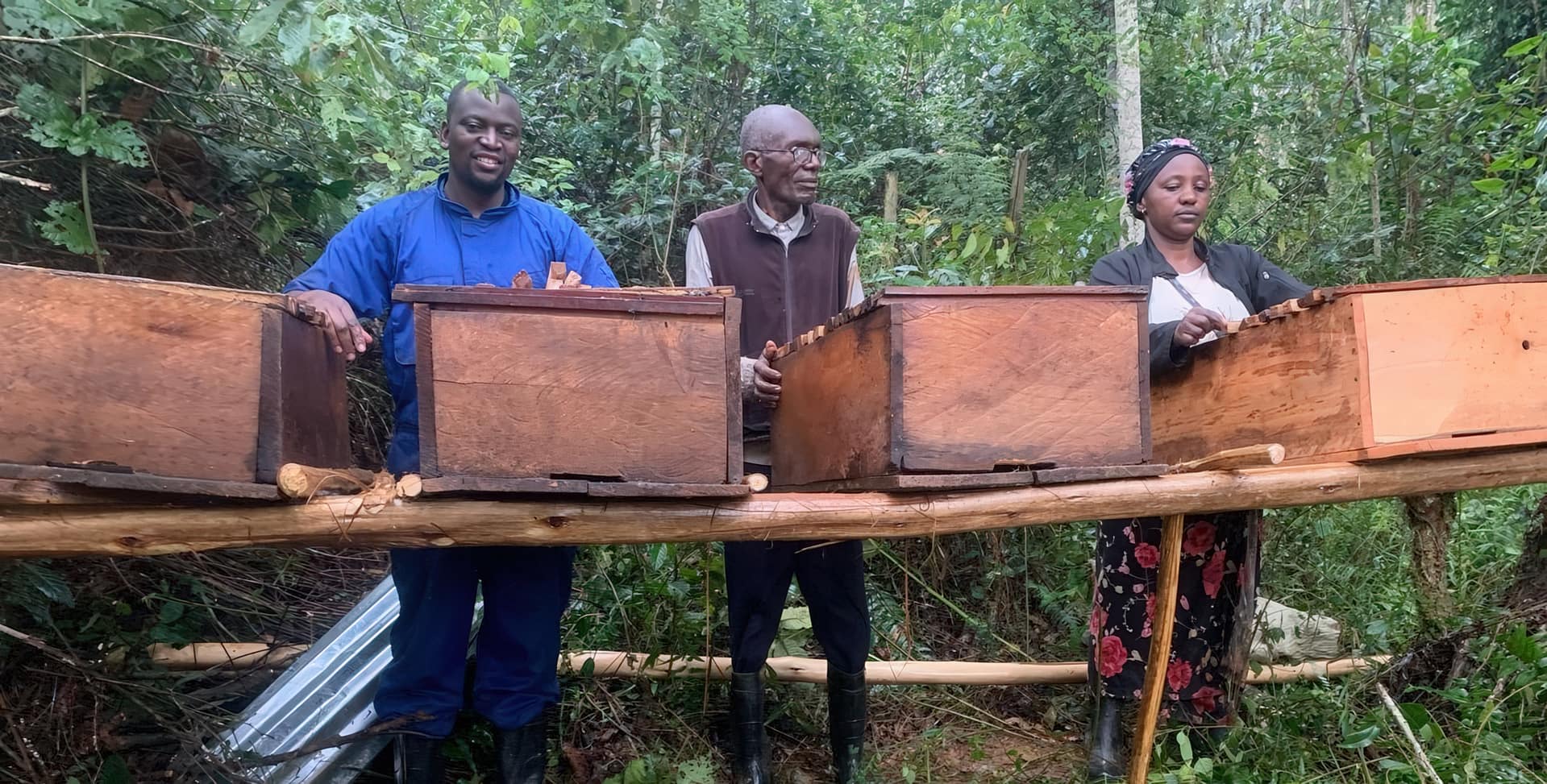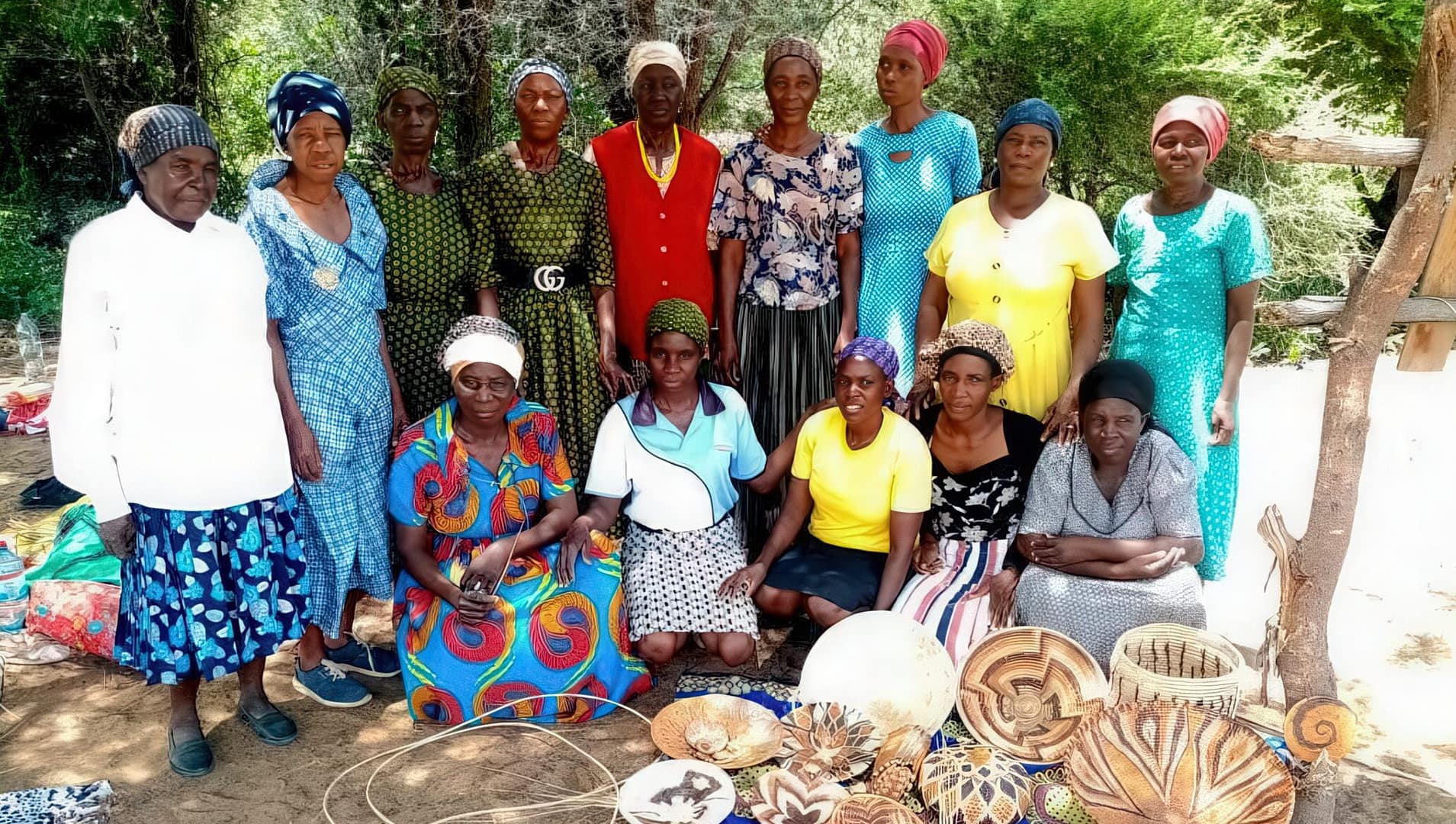
Community Representatives from Botswana want more European hunters
Communities in Botswana are looking to grow their hunting market and therefore jumped at the chance to send two representatives to the Dortmund Jagd & Hund hunting exhibition in Germany. As guests of the International Council for Game and Wildlife Conservation (CIC), they joined the Botswana and Zimbabwean Ambassadors to Germany to discuss the role of hunting in African conservation.
Mr. Tebogo James, a Community-Based Natural Resources Management (CBNRM) officer for the Ngamiland Council of Non-Governmental Organisations (NCONGO) and Mr. Isaac Theophilus, the CEO of the Botswana Wildlife Producers Association (BWPA) attended the event. During the exhibition, they joined a panel discussion hosted by the German Hunters Association to discuss hunting trophy import bans that have been implemented or proposed in various European countries. The USA’s tighter elephant trophy import restrictions were highlighted as another cause for concern.
Mr. James urged European leaders to recognise and support Botswana’s local communities as rightful custodians of wildlife conservation. “Our communities play an important role in managing natural resources,” he stated, “we have a rich diversity of wildlife in Botswana, including majestic elephants, rhinos, lions, and buffaloes. This rich ecosystem is thriving, with wildlife populations on the rise.”
The delegates’ statements echo the viewpoints of local communities, who are stewards of Botswana’s indigenous plants and animals. Communities are key stakeholders and decision-makers in conservation initiatives and the emerging wildlife economy. Banning the importation of hunting trophies into Europe and elsewhere will reduce the financial revenues needed to facilitate sustainable rural development in marginalised communities throughout Botswana and southern Africa.
This region is home to the largest elephant population in the world, which increases the challenges of balancing ecological preservation with economic opportunities. Last year, His Excellency President Masisi drew attention to this issue by offering to send 20,000 elephants to Germany. If the German people knew what it was like to live with elephants, as communities do in Botswana, they would better understand Botswana’s approach to elephant management that includes regulated and sustainable hunting.

Mr. James Tebogo of NCONGO was part of the Botswana delegation.
The delegation highlighted the critical issue of human-elephant conflict, which requires more recognition among Europeans who do not live with elephants. If the conflict is not reduced, rural communities become dissatisfied with the lack of support for their conservation efforts. While they strive to protect their natural heritage, the benefits they receive from their conservation efforts are minimal compared to the significant costs they incur from living alongside wildlife. While the income from hunting is significant for some communities, more can be done to increase the revenue from hunting, including by addressing misconceptions about this industry.
Regulated hunting serves as a wildlife management tool and critical source of income. Importantly, only old male bulls are hunted, which does not adversely affect species population growth. Yet our hunting practices are threatened by Western animal rights groups and governments that want to dictate how local communities use their natural resources. Contrary to popular misconceptions, Botswana’s sustainable utilisation of natural resources plays a critical role in strengthening the economy and promoting rural development. The revenues generated from trophy hunting have brought essential development services closer to marginalised local communities, ultimately enhancing their livelihoods.
The community representatives urged more Europeans to hunt in Botswana, which would enhance conservation efforts and substantially benefit local economies. By promoting hunting in Botswana, it is possible to create a win-win situation in which local communities can benefit from sustainable wildlife management. The funds generated from hunting can create jobs and support vital conservation initiatives, such as drilling boreholes for wildlife drinking water. These efforts can also play a crucial role in reducing human-wildlife conflict, ultimately benefiting both wildlife and local communities.
“We hope that Botswana’s photo tourism and trophy hunting industries will gain a bigger share of the global market following this exhibition,” concluded Mr. Theophilus. The CIC and Dortmund Jagd & Hund organisers have pledged to support local communities and hunting outfitters in Botswana and its neighbouring countries. These pledges are positive steps towards improving the livelihoods and conservation efforts of people living with wildlife in southern Africa.
Botswana will continue to build these relationships with European countries to create a common understanding of the role that hunting plays in wildlife conservation. President Masisi’s statements have created an opportunity for better conversations about supporting communities that live alongside elephants and other wild animals.



